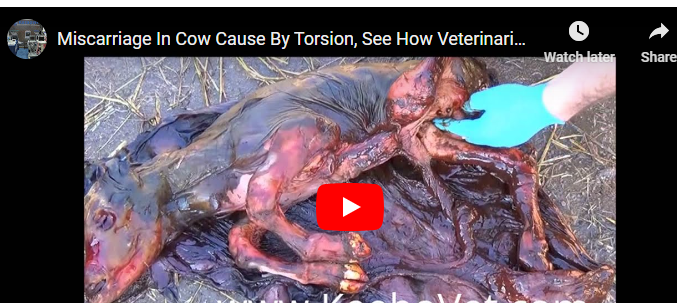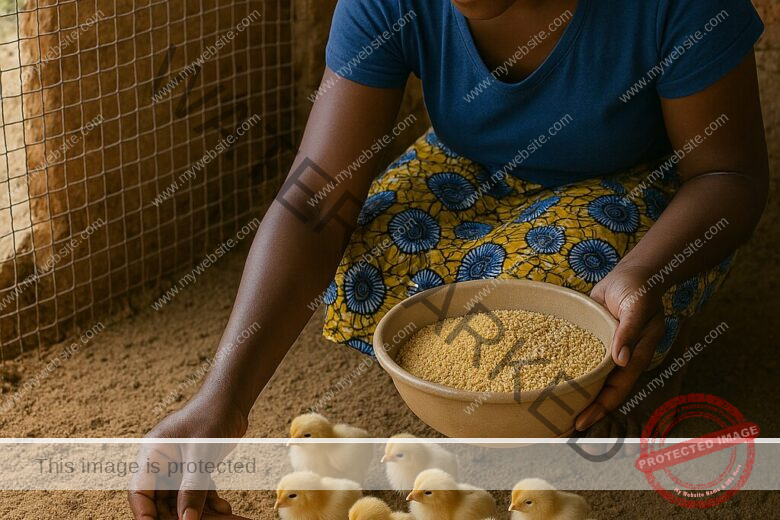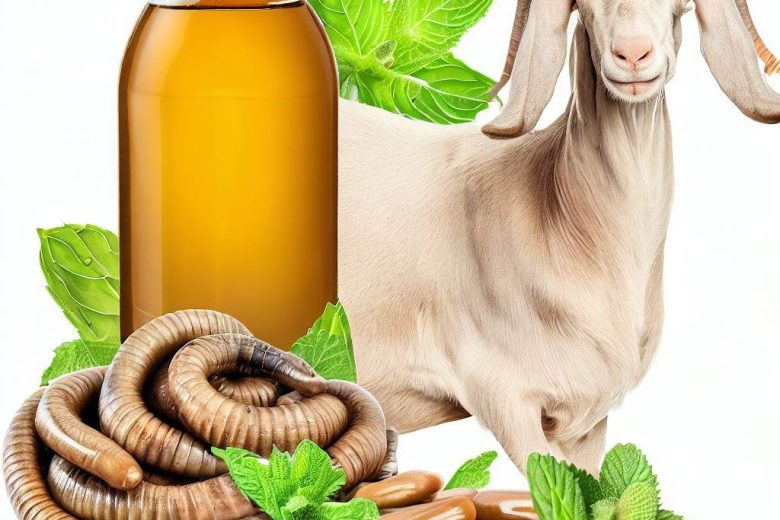Miscarriage, also known as abortion, can be a distressing occurrence in the world of cattle breeding and production. It refers to the premature expulsion of the fetus before it reaches full term.
Miscarriage in cows refers to the premature expulsion of a developing calf, resulting in economic losses and reduced herd productivity. Signs include abnormal vaginal discharge, enlarged udder, and behavioral changes. Nutritional deficiencies, infectious diseases, stress, and genetic factors are common causes, while preventive measures involve providing proper nutrition, implementing biosecurity measures, reducing stress, and practicing careful breeding and genetic selection.
Understanding the signs, causes, and preventive measures for miscarriage is crucial for maintaining the reproductive health of cows and ensuring successful breeding programs. In this article, we will explore the various aspects of miscarriage in cows and provide insights into its prevention.
Miscarriage in Cows: Signs, Causes, and How to Prevent
Miscarriage in cows is a reproductive event that disrupts the normal gestation period and leads to the loss of a developing calf. It can occur at any stage of pregnancy, ranging from early embryonic losses to late-term abortions.
The occurrence of miscarriage can result in economic losses for farmers and negatively impact the overall productivity of the herd. Therefore, early detection and appropriate management strategies are essential.
Signs and Symptoms of Miscarriage
Detecting a miscarriage in cows can be challenging, especially during the early stages. However, some common signs and symptoms may indicate a possible miscarriage. These include:
Vaginal Discharge
One of the primary signs of miscarriage is the presence of abnormal vaginal discharge. The discharge may vary in color, consistency, and odor, depending on the stage of pregnancy and the underlying cause.
Enlarged Udder
In some cases, cows that experience a miscarriage may exhibit an enlarged udder due to hormonal imbalances. This swelling is typically not associated with lactation and can be a potential indicator of fetal loss.
Expulsion of Fetal Membranes
Cows that have suffered a miscarriage may pass fetal membranes or placental tissues. These can be observed in the barn or pasture and may appear as partially expelled or fully intact membranes.
Behavioral Changes
Miscarriage can also lead to changes in the behavior of the affected cow. They may display signs of restlessness, discomfort, or decreased appetite.
Common Causes of Miscarriage in Cows
Understanding the underlying causes of miscarriage in cows is crucial for implementing effective preventive measures. Several factors contribute to the occurrence of miscarriage, including:
Nutritional Deficiencies and Miscarriage
Inadequate nutrition, particularly during the early stages of pregnancy, can increase the risk of miscarriage in cows. Deficiencies in essential nutrients such as minerals, vitamins, and protein can negatively impact fetal development and increase the likelihood of pregnancy loss.
Infectious Diseases and Miscarriage
Certain infectious diseases pose a significant risk to pregnant cows and can result in miscarriage. Bacterial, viral, and protozoal infections, such as Brucellosis, Bovine Viral Diarrhea (BVD), and Neosporosis, can compromise the health of the fetus and lead to abortion.
Stress and Miscarriage
Stressful conditions, both physical and psychological, can have detrimental effects on pregnancy. Factors such as transportation, overcrowding, extreme weather conditions, and sudden diet changes can induce stress in cows and increase the likelihood of miscarriage.
Genetic Factors and Miscarriage
Genetic abnormalities can contribute to fetal losses in cows. Inherited defects or chromosomal abnormalities can interfere with the development of the fetus, leading to miscarriage.
Nutritional Deficiencies and Miscarriage
Proper nutrition plays a vital role in preventing miscarriage in cows. Ensuring cows receive a well-balanced diet that meets their specific nutritional requirements throughout the gestation period is crucial. Here are some key considerations:
Balanced Diet
Provide a diet that is balanced in energy, protein, minerals (such as calcium and phosphorus), and vitamins. Consult with a veterinarian or animal nutritionist to develop a customized feeding plan based on the cow’s stage of pregnancy.
Adequate Supplementation
Supplement the diet with additional nutrients if deficiencies are detected. This may include mineral blocks, vitamin injections, or specific feed additives recommended by a professional.
Monitor Body Condition
Regularly assess the body condition of cows to ensure they are maintaining optimal body weight and condition score. Adjust the feeding regimen accordingly to prevent over- or undernutrition.
Infectious Diseases and Miscarriage
Preventing infectious diseases is crucial for minimizing the risk of miscarriage. Implement the following biosecurity measures:
Vaccination
Ensure that cows are appropriately vaccinated against common infectious diseases. Follow the recommended vaccination schedule and consult with a veterinarian for guidance.
Quarantine Procedures
Isolate new animals entering the herd to prevent the introduction of infectious agents. Quarantine procedures should include testing for diseases and monitoring for any signs of illness.
Hygiene and Sanitation
Maintain clean and hygienic barns, calving areas, and equipment. Properly dispose of placental materials to reduce the risk of spreading infections.
Stress and Miscarriage
Minimizing stress factors is essential to reduce the incidence of miscarriage. Consider the following measures:
Adequate Housing and Space
Provide cows with comfortable housing and adequate space to move and rest. Overcrowding can increase stress levels and negatively affect reproductive health.
Smooth Handling and Transport
Handle cows gently and avoid excessive stress during handling and transportation. Minimize sudden movements, loud noises, and long journeys whenever possible.
Climate Control
Protect cows from extreme weather conditions by providing proper shelter, ventilation, and access to clean water. Heat stress and cold stress can both contribute to miscarriage.
Breeding and Genetic Selection
Careful breeding and genetic selection can help reduce the risk of miscarriage. Consider the following practices:
Genetic Screening
Implement genetic screening programs to identify animals carrying genetic defects. This allows for informed breeding decisions and helps eliminate potential causes of miscarriage.
Selecting Healthy Sires
Use only healthy and reproductively sound bulls for breeding purposes. Ensure that sires are free from genetic abnormalities and infectious diseases.
Proper Estrus Detection
Accurate estrus detection and timing of artificial insemination (AI) can optimize the chances of successful conception and minimize the risk of miscarriage.
Regular Veterinary Care
Engage the services of a knowledgeable veterinarian for regular reproductive health check-ups and monitoring. A veterinarian can provide guidance on overall herd management and detect potential issues early on.
Can cows have miscarriages like humans?
Yes, cows can experience miscarriages, which are referred to as abortions in the veterinary context.
How common are miscarriages in cows?
The incidence of miscarriages can vary depending on several factors, but it is an issue that farmers need to be vigilant about.
Can miscarriages in cows be prevented?
Yes, many preventive measures, such as proper nutrition, disease control, stress reduction, and genetic selection, can help minimize the risk of miscarriage.
Are there any specific breeds more prone to miscarriage?
While miscarriages can occur in any breed, some genetic lines may be more susceptible to certain reproductive disorders.
When should I consult a veterinarian if I suspect a miscarriage?
If you observe any signs or symptoms of miscarriage in your cow, it is advisable to seek veterinary assistance promptly for proper diagnosis and guidance.
Conclusion
Miscarriage in cows is a significant concern for cattle breeders, as it can impact the overall productivity and profitability of the herd. By understanding the signs, causes, and preventive measures associated with miscarriage, farmers can implement effective strategies to safeguard the reproductive health of their cows.
Proper nutrition, biosecurity measures, stress reduction, and genetic selection all play crucial roles in preventing miscarriage and ensuring successful breeding programs.




